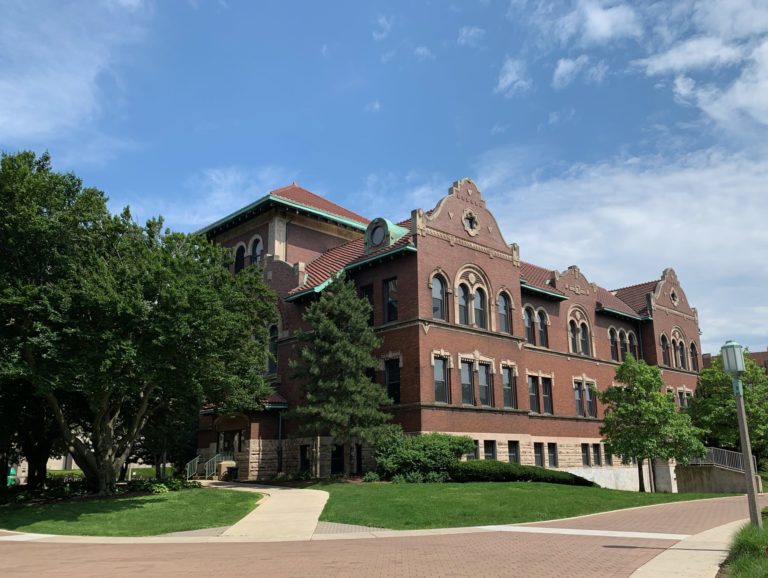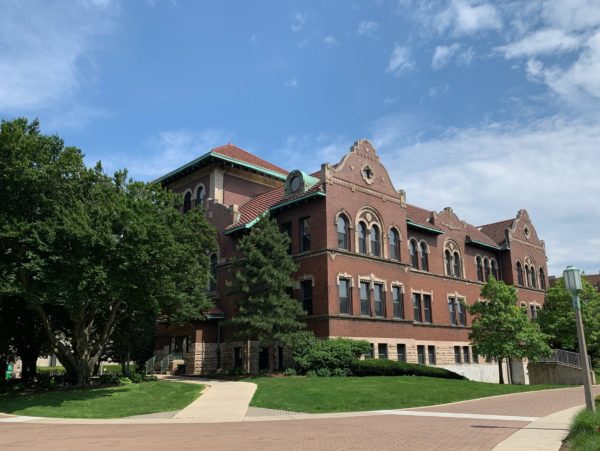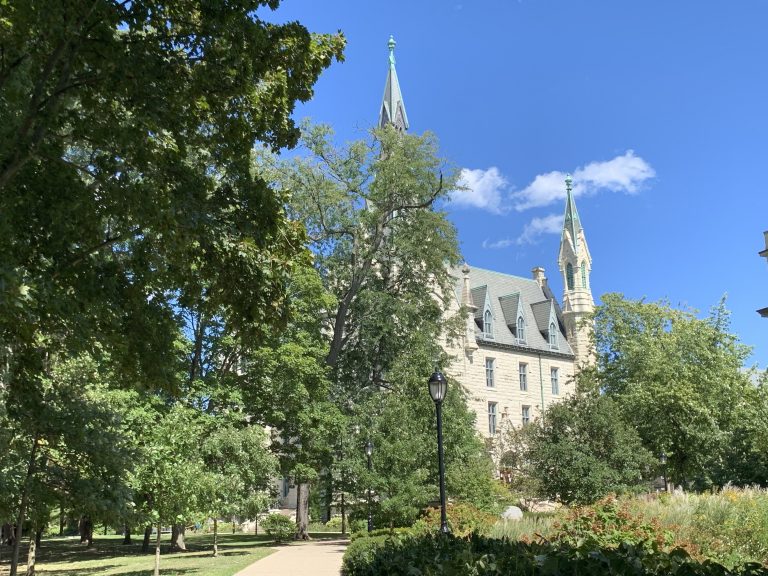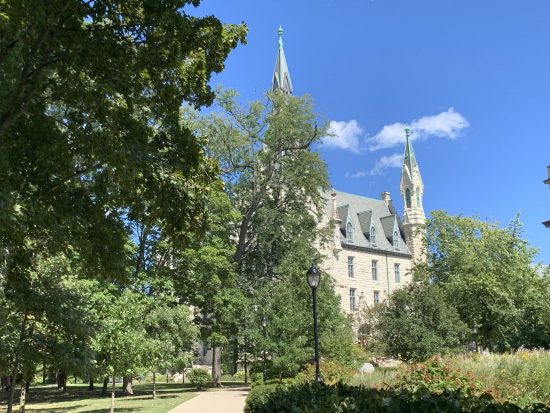Reasons for Families to Consider Community College
Last Updated on February 4, 2022 by Jill Schwitzgebel
In the past year, I have had multiple families contact me regarding their students’ plans to attend community colleges (also sometimes known as junior colleges). They had lots of questions and

Let’s begin by talking about the pros and cons of community colleges:
Advantages
- Cost. Yes, it’s likely much cheaper to attend a local, or at least an in-state, community college, than it is to attend a public university. Tuition will be lower. There are many community colleges, which also makes them easier to access while living at home, potentially saving on room and board costs.
- Applying. The application process for community college is much simpler than it is for a four-year college. There are usually straightforward requirements that students must meet to be accepted. Even if those requirements are not met, students have the option to take preparatory courses as a conditional student, and then will be allowed to move into regular coursework. There is really no fear of rejection.
- Flexibility. Community colleges will generally offer courses at times that accommodate various work schedules. Often, they will offer courses online and students will have an option to choose what format works best for them. Students may be able to take classes asynchronously on their own schedule.
- Transfer. Typically, community colleges will work with selected public universities in the state, to offer the first two years of required courses, so that students can transfer seamlessly, and even automatically, to that university after completing the prerequisite coursework at the community college.
- Associate’s Degree. Students can earn an associates degree, on their way to a four year bachelor’s degree, in some cases. And of course, they can always choose to stop after completing their associates.
Disadvantages
- Housing. The majority of community colleges do not have residence halls. Students that don’t want to live at home would need to rent an apartment, which can be a big jump to independence, which not all students are ready for.
- Athletics. If students are athletes and wish to continue playing a sport in college, only about half of all community colleges have athletic programs. This also is a disadvantage for students who appreciate the school spirit that athletic teams can provide.
- Course Limitations. If a student earned AP or IB credit in high school in some subjects, the community college may not offer the higher level courses in those subjects. This may not be a big deal however – it would just mean that the student needs to take fewer community college courses in order to fulfill prerequisites to transfer to a four-year institution.
- “College Experience”. If students really want that very traditional “college experience” after high school, attending community college may not provide that.
Other Considerations
- Intended Major. Not every community college will have the prerequisites for every major or offer an associate’s degree in every field of interest. In some community college systems, different campuses will offer different majors. That means that the campus closest to home or your preferred residential area may not necessarily offer all of the classes needed for that major.
- Ability to Transfer. Typically, to be able to automatically transfer to a four-year college to complete their bachelor’s degree, a student will need to be enrolled in a specific pathway, working with their community college counselor. Students need to pay attention when enrolling, because there are usually only certain institutions that they can transfer to without applying. Sometimes, students will assume that they can transfer to any state public university and that is usually not true. Additionally, students are usually required to have a minimum GPA for that transfer to be automatic. This does NOT mean that students’ community college credits won’t transfer to other colleges, just that they will need to apply first. Usually, the community college will have a list of institutions that will accept the credits from them. (See an example from one college here.)
- Residency. Attending community college out-of-state may not save much money, as tuition is typically higher for students from out-of-state. (See an example of differences here.) There are usually strict residency requirements that students must meet before they will be given in-state residency. Sometimes, there are slightly higher costs if the student is not a resident of the county in which they are attending community college.
Final Thoughts
If your student is considering community college as a first step after high school, I urge you to visit and talk with a counselor at the institution they are considering. It’s no less important to do that than it would be if they planned to apply to a traditional four-year college. The counselors there will be knowledgeable not only about their programs, but about transfers, about student housing in the area, and the enrollment process. Don’t hesitate to reach out to one of them. Often, they will have open drop-in times for potential students, and they will also offer appointments, if you’d like to set it up in advance. The students most likely to be successful are the ones who enter community college with a plan for their education.
Attending community college in no way limits option for a student’s final college years. In fact, Ivy League Columbia University said that 40% of their transfer students came from community colleges. In The Community College Advantage: Your Guide to a Low-Cost, High-Reward College Experience, author Diane Melville explains that a student’s effective chance at acceptance is actually much higher as a transfer student compared to applying as a high senior, because you’re competing against fewer students. But, just like students that hope to attend an Ivy league school right out of high school, students will need to excel in their years at community college.








